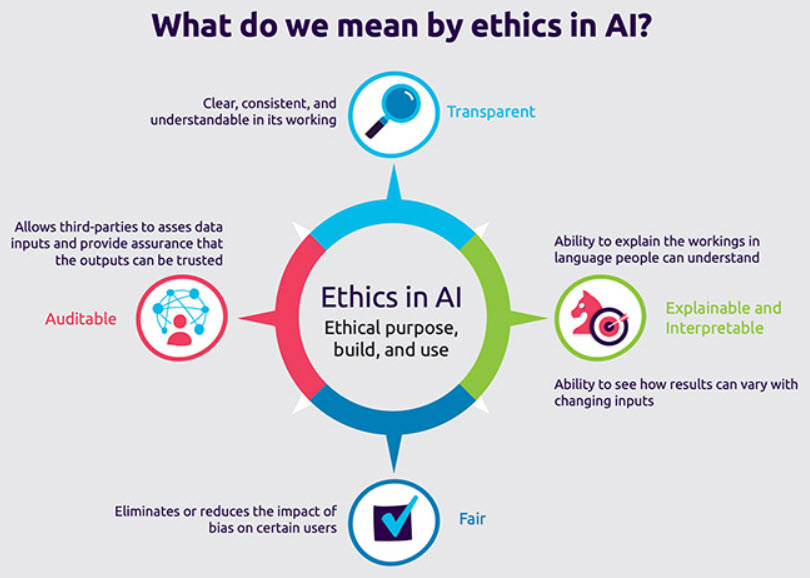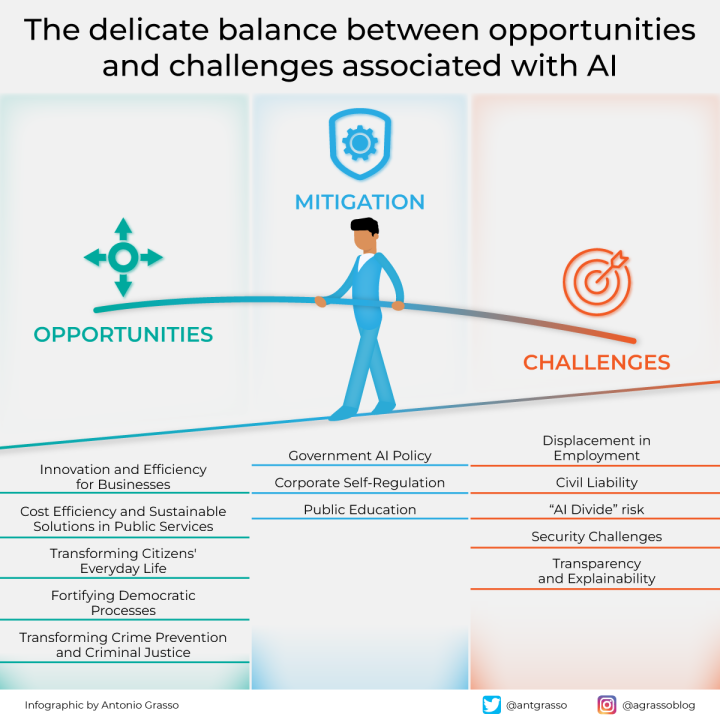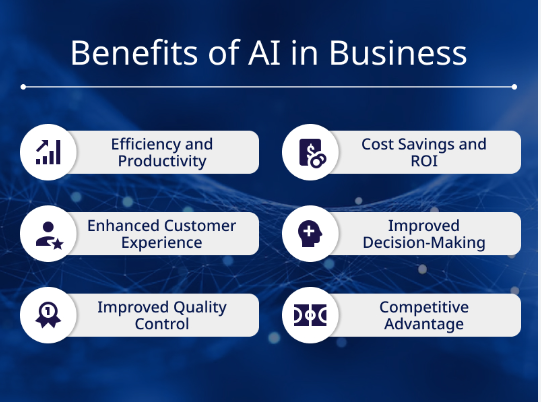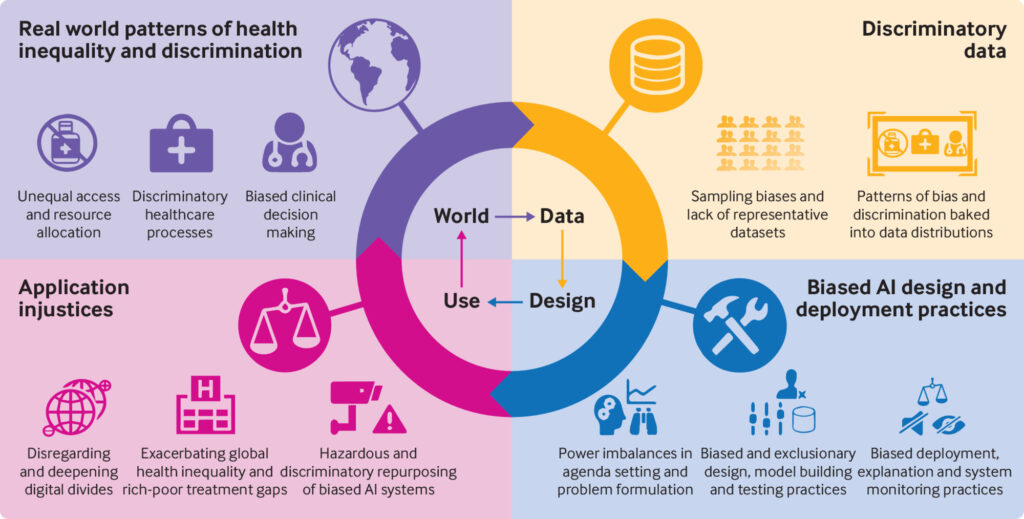Discover the complex world of AI ethics: from the advantages to the obstacles and the path forward in this insightful guide.
Table of Contents
Introduction to AI
Artificial Intelligence (AI) has rapidly emerged as a transformative technology that is reshaping the way we live, work, and interact with the world around us. At its core, AI refers to the simulation of human intelligence processes by machines, enabling them to learn, reason, and make decisions autonomously. Machine learning and deep learning are two key components of AI that have fueled its rapid advancement in recent years.
Historical Context
The origins of AI can be traced back to the 1950s when pioneers in the field began exploring the potential of creating machines capable of intelligent behavior. Over the decades, AI has undergone significant evolution, marked by breakthroughs such as the development of the Turing test and the advent of neural networks. These milestones have paved the way for the sophisticated AI systems we see today.
Current Applications
AI is no longer a concept confined to science fiction; it has become an integral part of our daily lives. From virtual assistants like Siri and Alexa to self-driving cars and personalized recommendations on streaming platforms, AI is increasingly permeating various facets of society. Industries such as healthcare, finance, and entertainment are harnessing AI to optimize processes, drive innovation, and enhance user experiences.

Image courtesy of www.markovml.com via Google Images
Benefits of AI
The proliferation of AI has brought about a myriad of benefits, from improving efficiency and accuracy in tasks to unlocking new possibilities for discovery and development. AI-powered technologies are revolutionizing industries by enabling predictive analytics, automation of repetitive tasks, and personalized customer interactions. By augmenting human capabilities, AI has the potential to drive productivity and growth across sectors.
Challenges and Ethical Concerns
Despite its transformative potential, AI also presents a host of challenges and ethical dilemmas. The increasing reliance on AI technologies raises concerns about job displacement, data privacy, and algorithmic bias. The opaque nature of some AI systems and their potential to perpetuate societal inequalities underscore the importance of addressing these ethical concerns to ensure equitable and responsible AI deployment.

Image courtesy of www.linkedin.com via Google Images
Future Direction
As AI continues to evolve, the future holds promise for even greater advancements in the field. Innovations in computer vision, natural language processing, and autonomous systems are on the horizon, poised to revolutionize industries and redefine human interaction with technology. The rapid pace of AI development calls for ongoing dialogue and collaboration to shape a future where AI serves the common good and upholds ethical standards.
Can Skynet Happen?
The notion of a malevolent AI entity like Skynet taking control of the world, as depicted in pop culture, is a compelling but speculative scenario. While the concept of AI surpassing human intelligence raises existential questions, the likelihood of a “Skynet” scenario occurring is subject to various factors, including the design and governance of AI systems. By cultivating a culture of ethical AI development and oversight, we can mitigate the risks and pave the way for a beneficial coexistence with AI.

Image courtesy of adamfard.com via Google Images
Understanding the Risks
Advanced AI systems with the potential for autonomous decision-making pose unique risks that warrant careful consideration. The prospect of AI systems acting in ways unforeseen or contrary to human interests underscores the importance of establishing safeguards and guidelines to prevent unintended consequences. By proactively identifying and addressing these risks, we can harness the power of AI responsibly and ethically.
The Importance of AI Ethics
Central to the responsible development and deployment of AI is a commitment to ethical principles and guidelines. Addressing ethical considerations in AI design, implementation, and regulation is crucial to ensuring transparency, accountability, and fairness. Initiatives such as the AI Principles adopted by leading tech companies underscore the industry’s recognition of the need for ethical frameworks to guide AI innovation and promote trust among stakeholders.

Image courtesy of syenza.com via Google Images
Conclusion and Call to Action
In conclusion, navigating the ethical landscape of AI requires diligence, collaboration, and a forward-thinking approach. By understanding the benefits, challenges, and ethical implications of AI, we can steer its trajectory towards a positive and inclusive future. As individuals, organizations, and policymakers, we play a critical role in shaping the ethical framework that will govern AI and its impact on society. Let us embark on this journey towards a future where AI enriches our lives while upholding fundamental values and ethics.



Comments